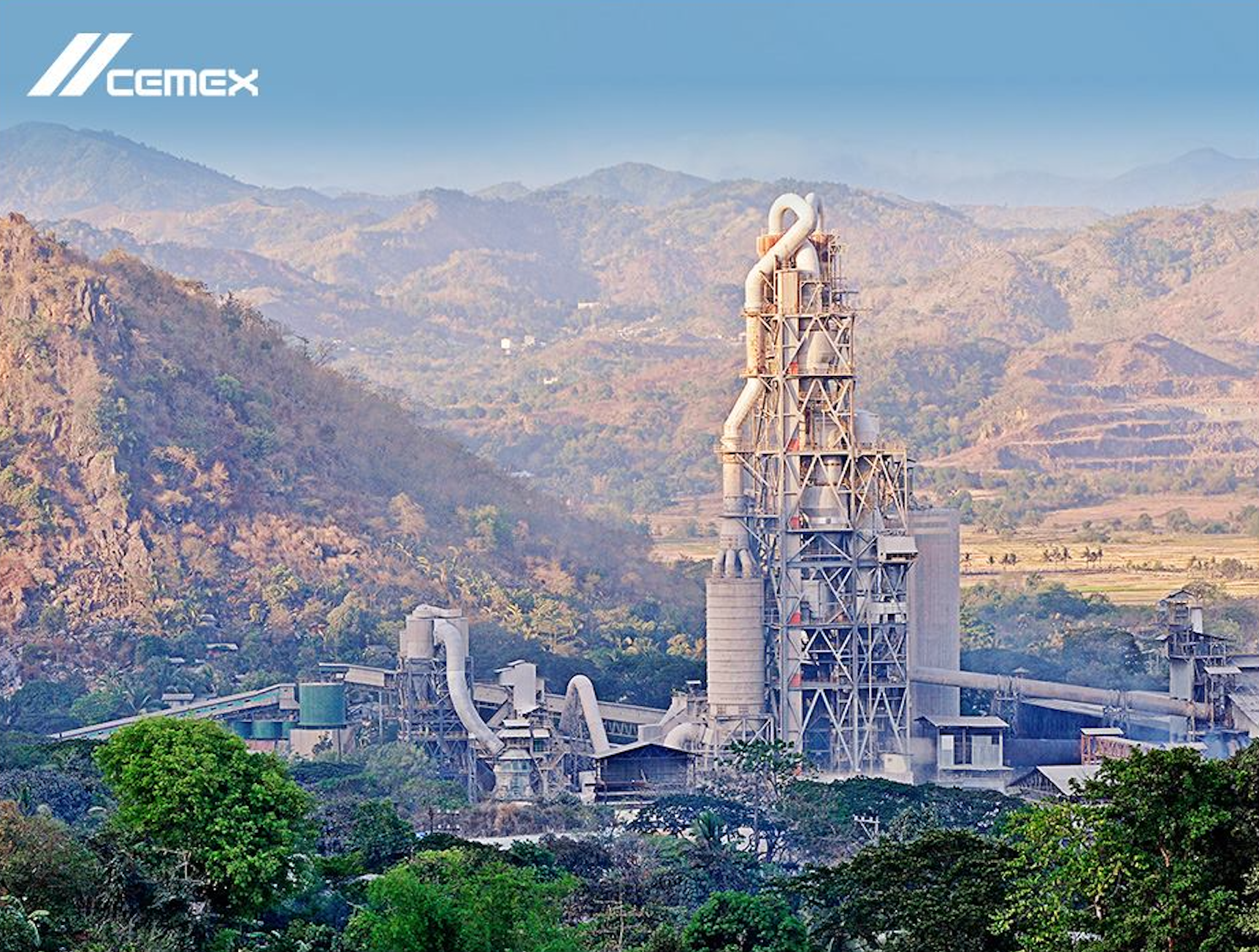Cemex Holdings Philippines Inc. (CHP), recently-acquired by the Consunji Group, reported that its principal operating subsidiaries APO Cement Corporation and Solid Cement Corporation have bought the right to their cement brands.
In a disclosure to the Philippine Stock Exchange (PSE), CHP said APO and Solid have executed agreements for the Assignment of Trademarks with Cemex Innovation Holding Ltd. (CIH).

Under the agreements, APO and Solid acquired and purchased from CIH certain trademarks associated with their respective businesses. These trademarks include, among others, APO Cement, Rizal, and Island.
Securing the trademarks from CIH became necessary after the Consunji group sealed the deal to acquire a controlling 89.86 percent of CHP, the fourth largest cement manufacturer in the country, for $305.6 million in cash.
CHP said its indirect parent company, Cemex Asia B.V. has signed a share purchase agreement with DMCI Holdings, Inc., Semirara Mining and Power Corporation, and Dacon Corporation (privately held holding company of the Consunji family and majority owner of DMCI Holdings).
This is for the sale of Cemex Asia’s 100 percent stake (42.14 million common shares) in Cemex Asian South East Corporation (CASEC) which owns approximately 89.86 percent of CHP.
CHP said Cemex Asia expects to finalize this transaction before year-end 2024, subject to the satisfaction of various pre-completion conditions, including, but not limited to, the approval by the Philippine Competition Commission.
The completion also hinges on Cemex Asia disposing of its 40 percent interest in each of APO Land & Quarry Corporation and Island Quarry and Aggregates Corporation, and the fulfillment of any mandatory tender offer requirement by the Consunji Group to the shareholders of CHP.

DMCI Holdings Chairman and President Isidro A. Consunji said they aim to return to profitability by 2025 via CHP, its largest investment to date and its first acquisition in a decade, through synergies within the group.
CHP reported losses of P1 billion in 2022 and P2 billion in 2023, primarily attributed to escalating costs and reduced sales volumes.
“We recognize CHP's operational and financial issues, but we are positive that we can turn it around by 2025 because of its ongoing capacity expansion and the clear synergies it brings to our group,” said Consunji.
He noted that “while cement demand is currently soft, we expect it to rebound as our turnaround plan progresses, supported by the Build Better More program and the anticipated easing of interest rates next year.”
CHP is in the process of constructing a 1.5-million-ton integrated cement production line at its Solid Plant in Antipolo, Rizal. The new cement production line is scheduled to commence operations by September 2024.
This expansion will effectively double the company's cement production capacity in the Luzon region. It will also boost CHP's overall installed annual production capacity by 26 percent from 5.7 million tons to 7.2 million tons.
DMCI Holdings anticipates power, fuel and other production supplies costs, which represent 73 percent of CHP’s cost of sales in 2023, to decrease due to normalizing market prices and the transition to a more affordable energy supplier, Semirara Mining and Power Corporation (SMPC).
Additionally, administrative and selling expenses, which accounted for 52 percent of prior-year operating expenses, are expected to decline from talent and business process onshoring initiatives, following the exit of CEMEX.
Meanwhile SMPC expects a significant increase in its coal sales to CHP, estimating a 227 percent rise to 500,000 metric tons annually compared to 2024 levels. In addition to coal, the integrated energy company can also supply CHP with 50MW of electricity and fly ash.
On the other hand, based on historical consumption patterns, DMCI and DMCI Homes are estimated to source around 400,000 metric tons of cement from CHP.
This volume has the potential to expand further, subject to growth in DMCI's order book and a recovery in DMCI Homes' project launches.